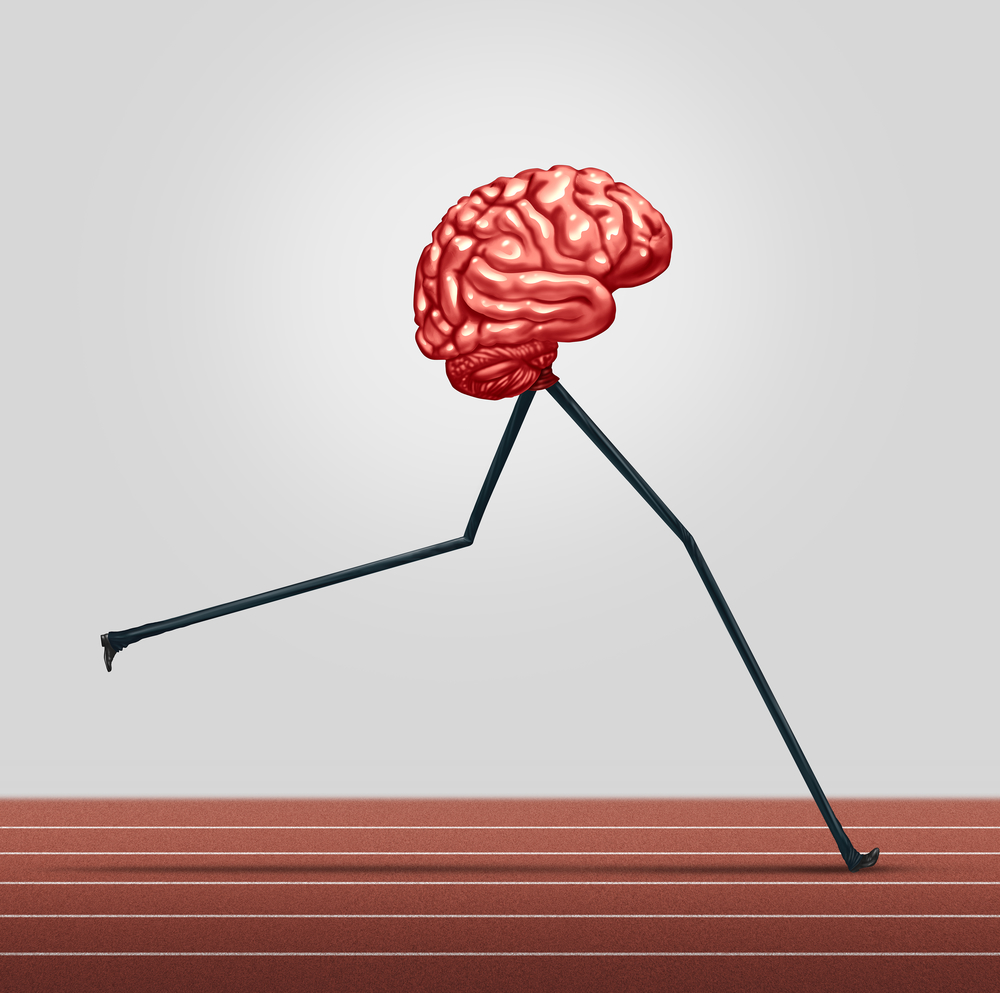How Retained Primitive Reflexes May Affect Your Child
April 21, 2016

Two weeks ago I introduced the concept of neuroplasticity and why it is the beacon of hope for recovery for our children. The brain’s ability to regenerate gives me hope that our children can recover. Today I want to dive deeper into how the brain’s neuroplasticity plays a role in the symptoms we see in our children from day to day and How Retained Primitive Reflexes May Affect Your Child.
Did you know that we are all born with reflexes that are essential to our early survival but that must be lost in order for our brain to develop properly? For example, an infant’s palmar reflex allows the child’s palm to grasp anything that is placed in the palm, but this reflex must be lost in order for the pincer grip to develop, which allows the child to develop fine motor skills of the hands. When primitive reflexes are retained, the development of postural reflexes, which require midbrain involvement and signify the maturing of the central nervous system (CNS), is negatively impacted. As a result, proper development is affected which is why we need to understand how primitive reflexes may affect your child.























